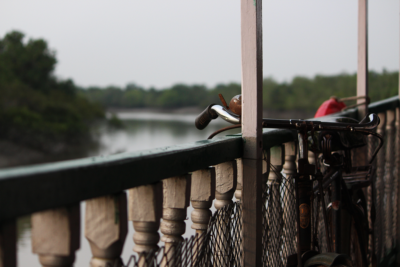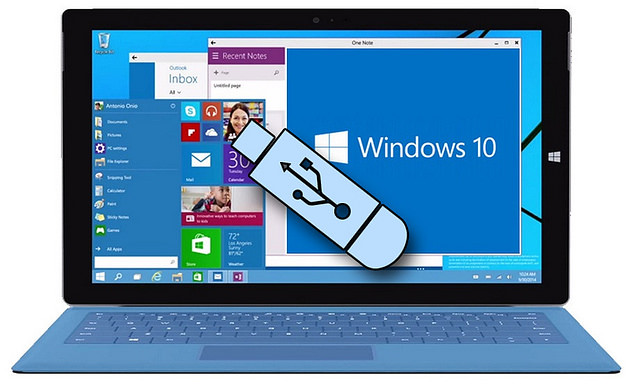John Drescher, Raleigh News & Observer

Hazards, benefits of college sports programs
Cars. Cash. Prostitutes. Academic fraud. Scandal after scandal in college sports threatens the integrity of universities and the jobs of the people who run them.
Yet UNC Charlotte will start playing football in two years. A committee at Appalachian State has recommended the Mountaineers move to the top level of college football.
Why? Because for universities, the benefits outweigh the costs, says Charles Clotfelter, a Duke University economist who has taken a clear-eyed view of big-time sports in higher education.
Since the 1920s, major universities – some of the best around – have had big-time sports programs. The problems with college sports started in that era and are similar to the problems of today.
Yet Clotfelter points out that once a university starts playing big-time sports, it almost never steps away.
“These are not institutions known for bad decision making,” Clotfelter said in an interview. “It is rather striking that these great institutions known for rationality, they keep doing it.”
Clotfelter’s new book, “Big-Time Sports in American Universities,” is a must-read for those who work in academia. UNC-Chapel Hill Chancellor Holden Thorp, ensnarled in an NCAA investigation into his football program, gave copies to his cabinet and deans. They discussed it this week with Clotfelter. (Full disclosure: I was one of Clotfelter’s students years ago.)
Clotfelter says the people who run universities typically downplay the role of big-time sports, perhaps out of embarrassment. University mission statements often mention teaching, research, and service. Few mention athletics.
Pretending that big-time sports are just another extracurricular activity, or that athletes are held to the same academic standards as other students, “is to engage in a form of double-talk that would be unacceptable” in most college classrooms, Clotfelter writes. He urges universities to acknowledge that they are in the entertainment business.
Clotfelter writes about the problems of college sports. But he says there are benefits to universities in playing big-time sports, which he defines as Division I basketball, and schools in the Football Bowl Subdivision. Those benefits go beyond money and can be difficult to measure.
Particularly for state schools, sports help maintain support from taxpayers and politicians. Clotfelter looked at who attended football games in the chancellor’s box at several universities, including N.C. State and UNC-Chapel Hill.
“If UNC Charlotte got a look at who the guests are in the box at Kenan Stadium – that’s enough reason (to start a football program),” he said. “These are people who could really help the university in the long run.”
Universities have academic sides, and they have cultural sides, which Clotfelter described as “a cross between Halloween and religion.” But Clotfelter said it is unwise to dismiss the cultural side.
Tailgating and screaming fans, Clotfelter said, are as much a part of American universities as physics labs and seminars on Milton.





